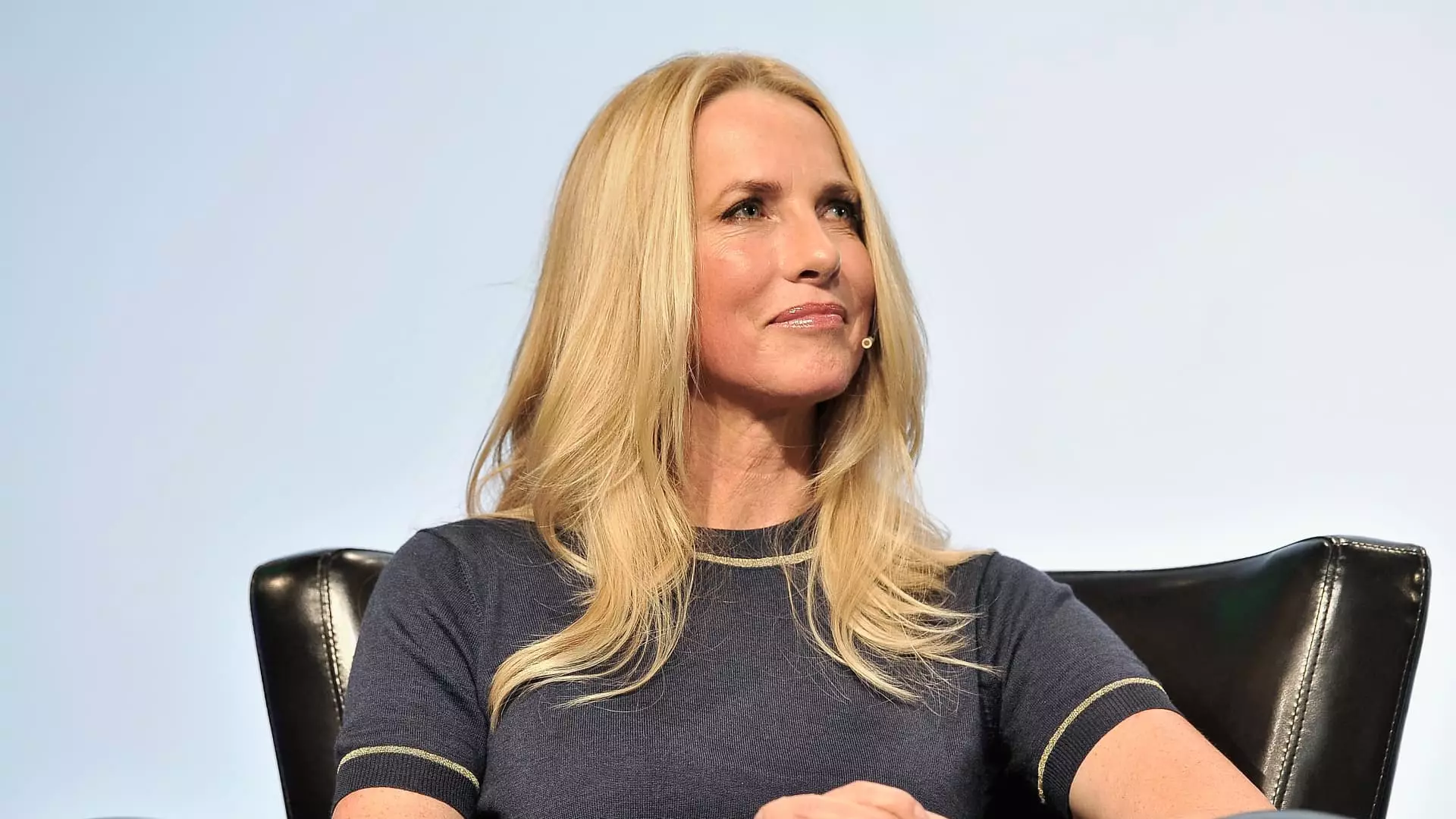In recent years, artificial intelligence has emerged as one of the most dynamic sectors within the investment landscape, drawing significant attention and capital from high-net-worth individuals and family offices alike. Laurene Powell Jobs, the widow of Apple co-founder Steve Jobs and a well-known philanthropist, is actively shaping this conversation through her family office, Emerson Collective. This article will explore the implications of Powell Jobs’ strategic investments in AI startups, the trends within the industry, and what this means for the future of technology and social impact investing.
Emerson Collective has made a notable foray into the AI industry, backing at least nine startups in this domain since 2022. An analysis of the firm’s activities reveals a diversified portfolio that spans several countries and sectors. From a New York-based AI medical company to a Norwegian platform that assists teachers with AI-generated presentations, Emerson’s investments are reflective of a broader vision to integrate AI into various facets of everyday life. The overall funding rounds that Emerson has participated in surpass $1 billion, indicating a substantial commitment to this technology.
However, the lack of disclosed financial specifics around individual investments casts a layer of opacity over the precise impact of these choices. While Powell Jobs’ wealth, reported at $11.5 billion, provides her with ample leverage to influence this space, the actual outcomes of her investments remain clouded until more substantial data becomes available.
The growing enthusiasm for AI investments among family offices is evident, as highlighted in the UBS Global Family Office Report. A staggering 78% of surveyed family offices expressed intentions to allocate capital to AI in the coming two to three years. Powell Jobs seems to be ahead of the curve, having initiated her investments prior to the widespread consumer frenzy triggered by the launch of OpenAI’s ChatGPT.
This prevailing trend suggests a shift in how wealth is being managed and directed, moving from traditional industries into those at the forefront of innovation and technological advancement. The move towards AI is not just a pursuit of financial returns; it represents a broader philosophical approach to address pressing global issues through innovative solutions.
It’s interesting to note the collaborative nature of the AI field, with key figures like Jony Ive, a prominent Apple designer, partnering with OpenAI CEO Sam Altman in a bid to create a groundbreaking “computing device” powered by AI. Emerson Collective’s backing of this initiative signals its desire to be at the forefront of AI advancements while combining entrepreneurial spirit with social responsibility.
Part of Emerson Collective’s mission is to focus on educational and healthcare innovations. Recent investments, such as the $80 million C-round funding in Proximie—aimed at enhancing surgical collaboration—and the $14 million support for Atropos Health highlight this dual focus. It is not merely about financial gain; these investments have the potential to yield significant societal benefits.
Laurene Powell Jobs’ foray into AI investments through Emerson Collective exemplifies a significant trend towards intertwining technology, social responsibility, and profitable investment opportunities. As family offices increasingly turn to AI for future investments, the movements made by Powell Jobs could very well serve as a model for others, highlighting the importance of innovation in addressing global challenges.
By strategically investing in AI while prioritizing societal impact, the Emerson Collective is not only contributing to the evolving landscape of technology but also positioning itself as a thought leader in responsible investing. As we progress further into the 21st century, it will be fascinating to observe how these investments play out and shape both the tech industry and our broader social fabric. The implications of these investments will echo beyond profit margins, influencing the trajectory of educational tools, healthcare solutions, and the very way we interact with technology.

Leave a Reply